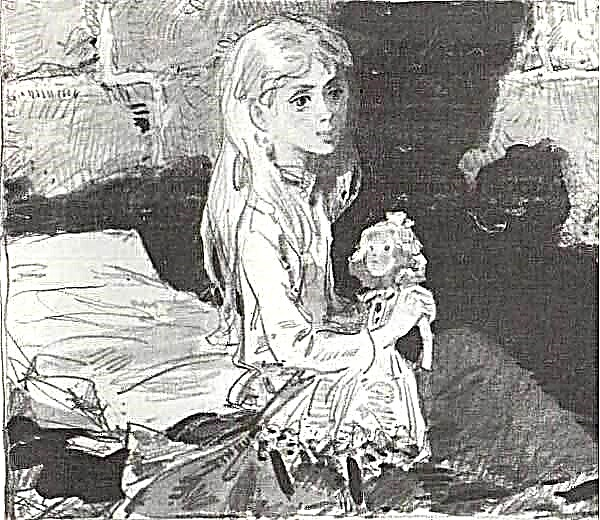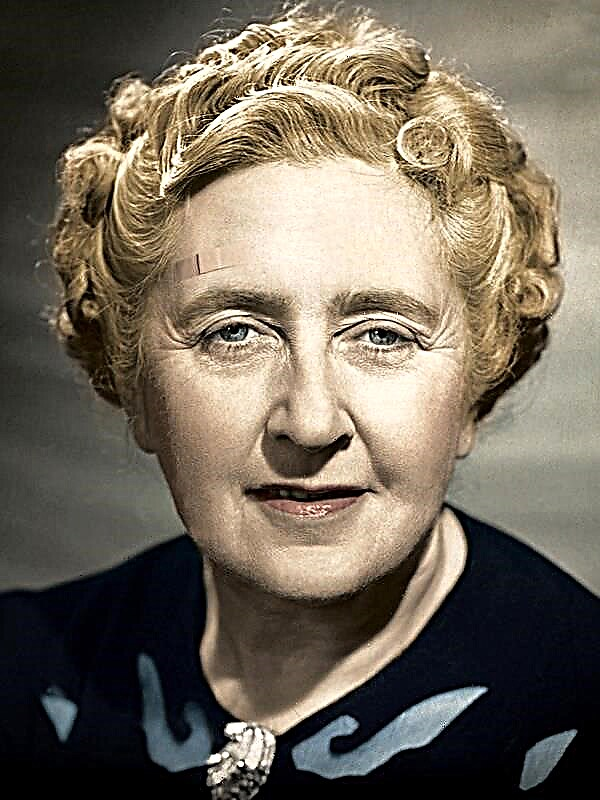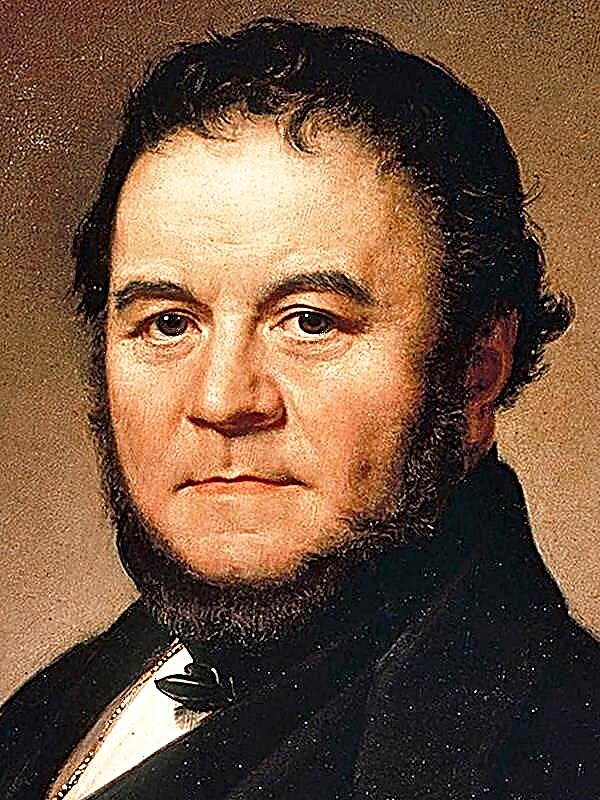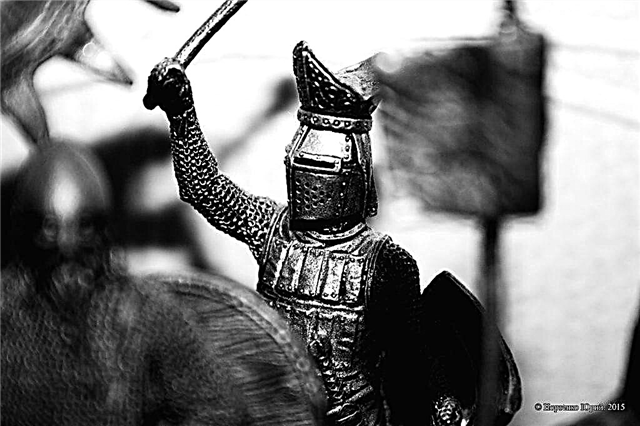The reader is already faced with a twenty-five-year-old young man, a graduate of the Institute of Railways, for whom he accomplished what he had been striving for for fourteen years with a thousand-thousand-year risk of breaking loose. After graduation, Kartashev wants to find a job "where they do not take bribes." Full of such noble and utopian dreams, escorted by Shatsky, with whom they will no longer meet, he leaves St. Petersburg, for six years of his life in which he “flashed like six pages of a read book”. Returning home did not refresh Kartashev: in his relations with his mother, one feels tense; too much has changed in the house during his absence. In a political case, Manya Kartasheva turned up in the dock, the quarrels with her older sister Zina’s husband constantly affect the life of the family, in which even the youngest, Anya and Seryozha, graduate from the gymnasium. Due to the difficult financial situation, the Kartashevs do not live in the former spacious house, but rent a small apartment in the same mansion with the family of the president of the military court Istomin, who took part in the fate of Mani.
The topic tries to enter the established life of the family, without opposing itself to religious principles (at the insistence of Aglaida Vasilievna and sisters, he attends church), participates in solving family problems, and again begins to write. At the same time, Kartashev met with Istomins' relative Adelaide Borisovna Voronova, who would become his bride. Kartashev’s stay with his family was not too long. At the insistence of his uncle, he is preparing for the trip "to the theater of operations" as the person authorized to deliver the cart to the front. However, once in Bendery, Kartashev, on patronage, gets a job as a trainee on the construction of a local railway.
For the protagonist, the days of "continuous, hard work." At the same time, Kartashev shows such zeal that his colleagues have to “cool the ardor” of the newly minted road builder. Self-esteem, as well as a satisfied consciousness that he can work, triples the strength of the protagonist. During the construction of the road, he gets acquainted with the family of his former classmate Sikorsky, also a railway engineer who was educated in Ghent and much more experienced than Kartashev. In the engineering community, they take Temu for his “red”, although he “had nothing to do with revolutionary circles and, moreover, he has none.” Traveling between Bender and Odessa on official business, Kartashev decides to communicate more closely with Manya, studying the party’s program, with which she continues to cooperate. He learns that his sister is a member of Earth and Will.
But while Kartashev continues to work so hard that "not enough days." And mentally he is directed to beautiful memories of Adelaide Borisovna. Kartashev’s career is particularly successful in his career: his salary is increased, he finds the sand quarry, which is so necessary for the construction of the road. This find strengthens his reputation as a "sensible and sensible worker." After the construction of a section of the road located in the Bender area and completed in an incredibly short time - within forty-three days - Kartashev gets a prestigious business trip to Bucharest, which, however, did not live up to the hero's ambitious hopes. From Bucharest he follows to Reni, where he continues to participate in the construction. At first, he developed a difficult relationship with the construction manager. The Danube flood, the ensuing collapse of the railway track, attempts to save the road from final destruction amounted to the following pages in Kartashev's professional biography.
He takes up the work even more energetically: he develops a ballast quarry, manages the renewal of railroad rotten as a result of a flood, which deserves the final trust of the construction manager, who shares his vast experience with him. After long, painful deliberation under the pressure of the material of the sisters, Kartashev makes a “written proposal” to Adelaide Borisovna, written in “ornate expressions”.
Having received a reply telegram from Delhi, Kartashev makes an emergency train to Odessa, “full of happiness and terrible fear,” thinking of the one that “seemed to him unattainable,” and now has descended to “carry away forever into the bright, pure world of love and truth , of good". But while the heroes are waiting for a three-month separation: Delhi leaves for a vacation, and Kartashev “messing with contractors”, travels along the line, busy with correspondence with superiors and small reports, but above all this is his future life with Delhi and the need to go to Petersburg, where he hopes "Penetrate the <...> mysterious management of road constructions." At the insistence of her mother, Manya accompanies Kartashev on a St. Petersburg trip to "protect against harmful influences", who has her own plans related to her political activities. She is not going to return home and have any contacts with her family in the future. Having parted in Tula, ten days later they met for the last time in St. Petersburg. Manya tells Kartashev about the formation of the party of the People’s Volunteers, whose activity is aimed at "fighting the regime." His brother's interest in radical ideas, however, does not mean for him a choice in favor of violent methods of socio-political reconstruction.
Thus, the fate of the hero, who turned out to be at the crossroads in the ending of the story, most likely in the spirit of destructive ideas prevailing in the public mind, should be in accordance with the predictions of Aglaida Kartasheva: “If lawyers played such a prominent role in the French revolution (it’s worth remembering that the topic is first studied at the Faculty of Law), then, I’m sure, engineers will play in ours. ”

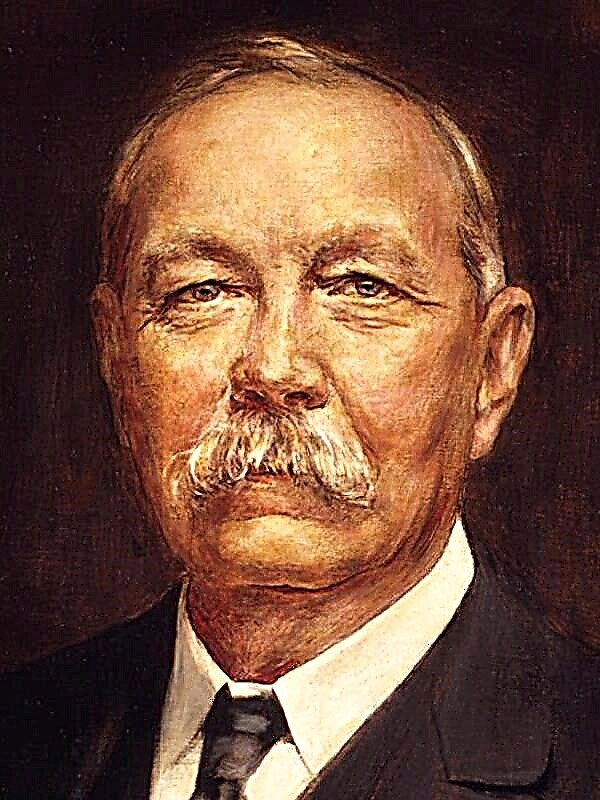
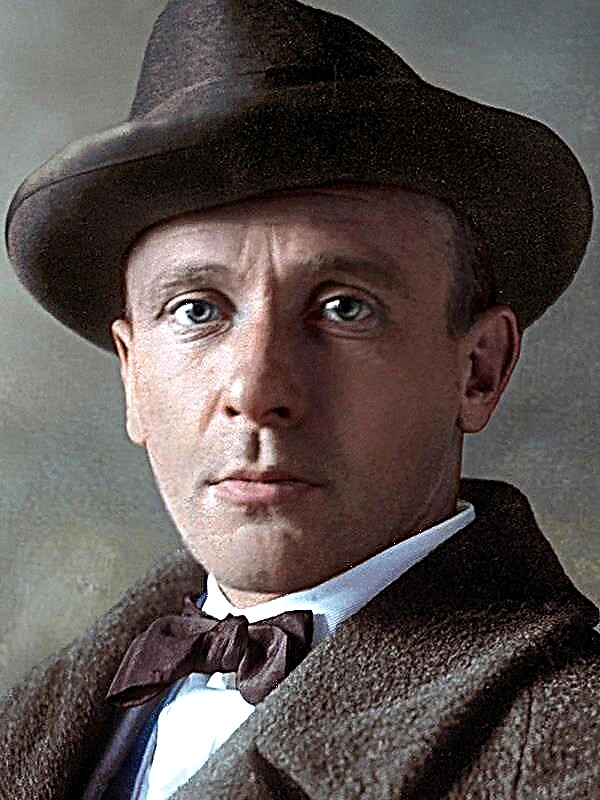

 Enchanted place
Enchanted place

